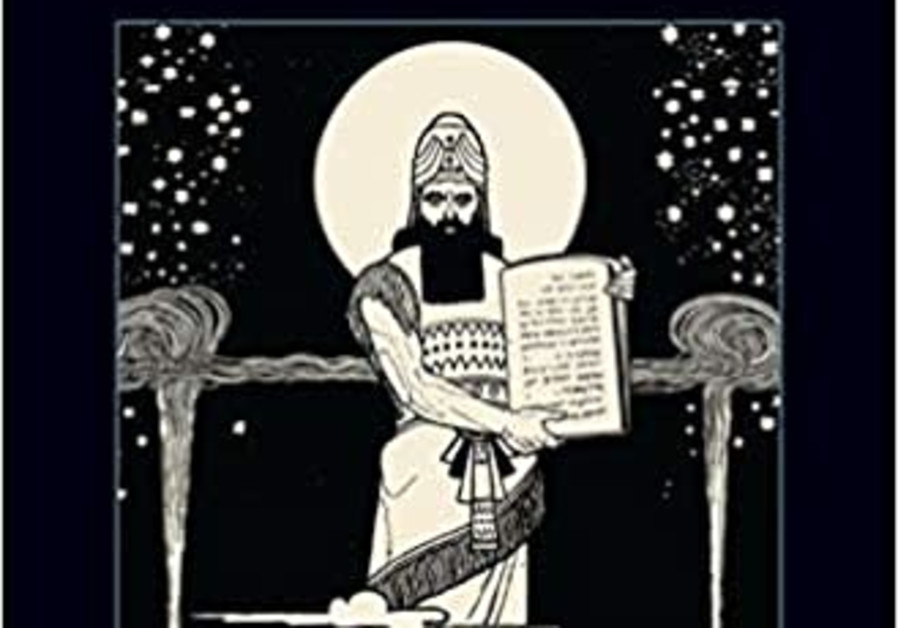Of all the Israeli Ashkenazi chief rabbis since the institution began a century ago, Rabbi Isaac Halevi Herzog (1888-1959; chief rabbi from 1936 to 1959) seemed to have had the most in common with secular Israeli intellectuals. He had an extensive general education. Before taking the position in Israel, he had served as chief rabbi of Ireland where he was friendly with many gentiles who were close to power. He was not simply a product of a sheltered yeshiva education, but someone who understood and perhaps even identified with some of the intellectual aspirations of non-religious Israeli Jews.
Shockingly to most of us, Herzog believed that the entire legal system of the State of Israel should be based on Halacha (Jewish Law) – even civil and criminal law, and even when it applied to non-Jews. He claimed that the British and Ottoman laws in effect when the state was created in 1948, which became the law of the Israel in the short term in 1948, until the Knesset passed new laws, were inferior to Jewish law. ,
“These people [the Turks and the British] did not reach the level of civilized people until thousands of years after we stood at Mount Sinai,” noted Herzog. “The wisdom of their laws . . . is like a monkey before a human being when compared to the wisdom of our [Jewish laws]… and I am talking to you as someone who is well versed in the laws of Rome and England.” (He definitely was an expert in comparative law, unlike any other chief rabbi of Israel before or since.) Israeli democracy should not be “a pastiche, an aping of, and subordinate to, the spirit of democracy of other nations,” but should draw from the Torah, “the spring of our life, the source of Israel.”
Even more interesting than the fact that a pious Orthodox rabbi was proud enough of Jewish law that he wanted to see it function as the law of the state is that, as Kaye shows, most of the leading Zionist rabbis in Israel of his time (and even of earlier times, one could argue) disagreed with Herzog.
KAYE DESCRIBES two kinds of systems – legal centralism and legal pluralism. Throughout most (and some would say all) of Jewish history, Jews lived in a system of legal pluralism, governed both by Halacha and by other legal systems. Lay Jewish leaders in the two millennia of Diaspora existence before 1948 had a great deal of administrative control over their communities (whose members, as individuals, were also subject to the rules of Halacha), but they had no jurisdiction over criminal law, which was left to the gentile legal systems of the countries where they lived. Even the Talmudic rabbis taught that Jews in pre-Talmudic times were subject both to the rules of Halacha and to mishpat ha-melekh, the laws of the king, whether the reigning king was Jewish or gentile.
The great medieval rabbi Rashba (Rabbi Solomon ibn Adret; 1235-1310) wrote that a pluralistic law system was best for the Jews.
“If you were to restrict everything to the laws stipulated in the Torah and punish only in accordance to the Torah’s penal [code] in cases of assault and the like, the world would be destroyed, because we would require two witnesses” and other Talmudic rules of procedure that make it hard to punish criminals.
Herzog’s predecessor, Abraham Isaac Kook (1865-1935), the first chief rabbi, wrote that in modern times, laws passed democratically by Jews had the same binding status as mishpat ha-melekh: “It seems to me that when there is no king, since the king’s laws relate to the general state of the nation, the right to legislate should revert to the nation in its entirety,” not to rabbis and experts in Halacha.
Other leading Zionist rabbis like Herzog’s younger contemporary, Rabbi Shlomo Gorontchik, later Goren (1918-1994, who went on to become chief rabbi from 1972 to 1985), explicitly advocated a pluralistic legal system for the state, consisting of rabbinic courts that functioned according to Halacha alongside secular courts that functioned according to laws passed by the Knesset.
Kaye makes a strong case that Herzog was the exception in his desire for a country that would have just one centralized, halachic, legal system.
Herzog’s dream is still popular in religious Zionist circles. He lost the battle to make Halacha the basis of Israeli law. But he seems to have convinced many religious Zionists that a medinat Halacha, a state with a one legal system based on Halacha, was a reasonable aspiration, despite the fact that no model for a state of this nature can be found in Jewish history.



By Alexander Kaye
Oxford University Press
280 pages; $40
